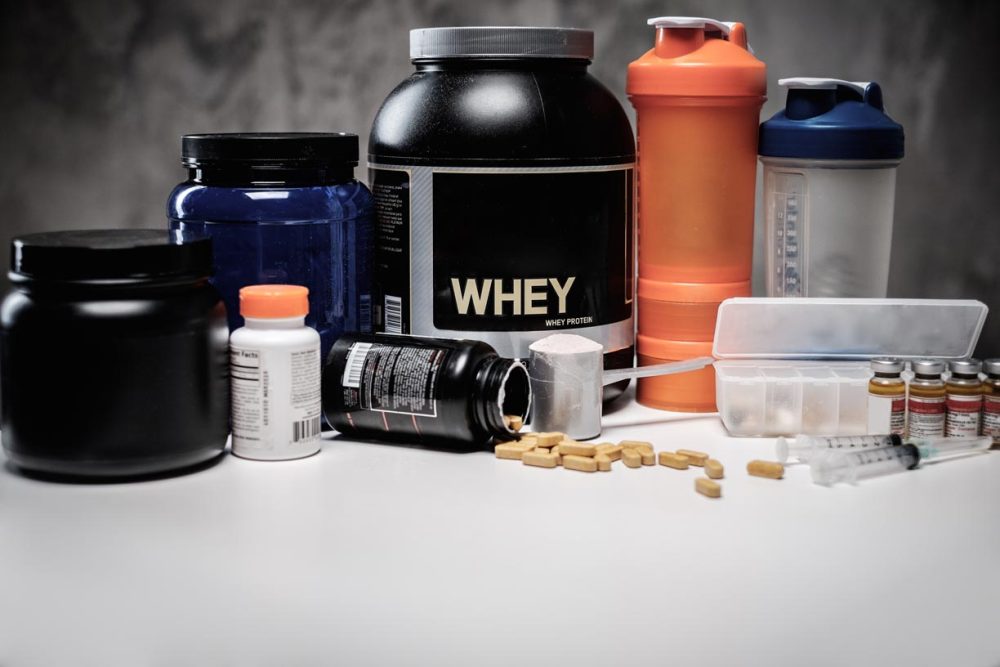Advertisment
New guidance for healthcare professionals to address muscle-building supplement use

In a groundbreaking effort to mitigate the risks associated with muscle-building dietary supplement use among adolescents and young adults, a comprehensive set of guidelines has been introduced to assist healthcare professionals. These guidelines, published in the Journal of Adolescent Health, focus on assessment and harm reduction strategies to better support young individuals engaged in the use of these readily available supplements.
Muscle-building dietary supplements, such as whey protein and creatine monohydrate, are commonly used by adolescents and young adults, particularly boys and young men, and are intended to enhance muscle mass, strength, and athletic performance. Despite their popularity, there has been a significant gap in guidance for health and mental health care professionals on how to assess and manage potential risks associated with their use. The new guidance aims to bridge this gap by providing detailed recommendations on assessment, nutritional evaluation, behavioral assessment, physical and mental health monitoring, harm reduction, and steroid use assessment.
“Given the risks involved, we highly recommend that all health and mental health care professionals ask their adolescent and young adult clients about muscle-building supplement use,” say Kyle T. Ganson, PhD, MSW, assistant professor and lead author of the guidance. “This includes assessing the type, frequency, dose, and method of supplement use, as well as understanding the client’s motivations and knowledge about the supplements.”
The authors advocate for comprehensive biopsychosocial assessments when muscle-building supplement use is reported by adolescent and young adult clients. “It is critical to assess for other behaviors aimed at altering appearance, weight, shape, strength, and performance, as well as body image issues and the presence of any eating disorder, body dysmorphic disorder, or muscle dysmorphia,” says Ganson. “Identifying adverse effects on physical, psychological, and social health, and ongoing monitoring, should be part of routine practice.”
A harm reduction approach is emphasized throughout the guidelines. “This approach includes open communication, understanding motivations, and psychoeducation,” says Ganson. “The goal is to provide strategies to reduce negative effects associated with the use of muscle-building supplements, while acknowledging that abstinence may not be a realistic goal for all clients.”
Lastly, the guidelines address the need to assess for potential or current use of anabolic-androgenic steroids (AAS), given the connection between muscle-building supplement use and future AAS use. Healthcare professionals are encouraged to provide education on the potential harms of AAS and further strategies to reduce risks.





